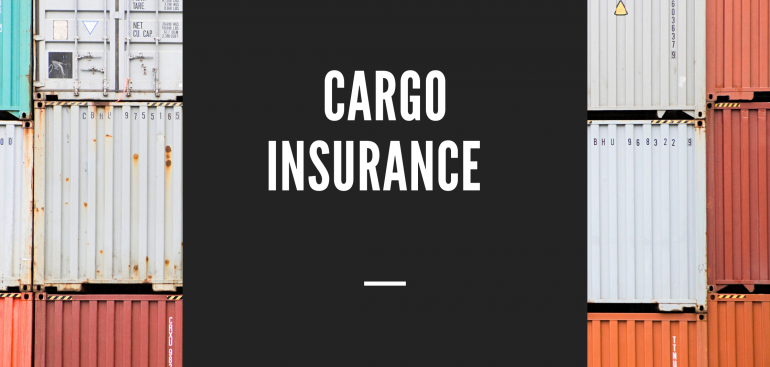As an international trader, you face a variety of risks every time your cargo sets sail. From damage or theft to natural disasters and regulatory changes, the challenges of managing these risks can seem overwhelming. Fortunately, there is one tool that can help you navigate these treacherous waters: cargo insurance. What […]
- Call us: +61 3 8376 6284
- Email: support24-7@gmail.com

